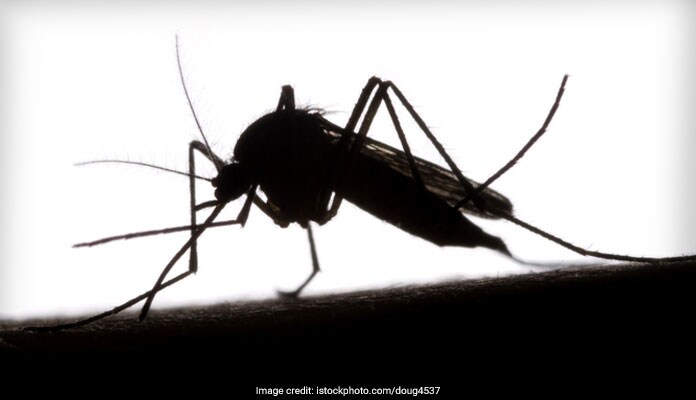With the entry of a new mosquito breed in the city, yet another life-taking parasite threatens the lives of people of Delhi and Uttar Pradesh.

Malaria has so far claimed more than 100 lives in the city
While Delhi was barely preparing itself for the unprecedented upsurge of mosquito-borne diseases that have gripped southern India, yet another malaria causing species of mosquitoes have arrived in the city, putting people's lives at risk. The National Institute of Malaria Research (NIMR) has recently found two species of the carrier anopheles mosquito- stephensi (urban vector) and culicifacies (rural vector) circulating this year, and resurfacing after 10 years. When the city is still not ready for the present dengue and malaria outbreaks, this new deadly entrant is expected to pave way for many health hazards. The Municipal Corporations of Delhi have by far reported around 113 cases of malaria, which are racing ahead of the number of Dengue cases.
Death toll in the City
The death toll has significantly risen in the past few weeks and on an average around 4.2 lakh people have died this year. According to health experts, the figures are expected to shoot up with the coming of new species of mosquito which is said to have traveled from Uttar Pradesh.
According to Dr Valecha, "40 % of the patients are either from UP or have recently traveled to that city. The disease is spreading in Delhi as patients are transmitting this parasitical infection to another anopheles once they are bitten by them. Previously, Odisha, Madhya Pradesh, Jharkhand and the north-eastern states have reported many cases of Malaria."
Physicians have advised people to take precautions to stay away from Malarial attack by maintaining hygiene around their place and using mosquito repellents to protect themselves from mosquitoes.
Possible Reasons
According to the Malaria Research Center and the physicians who have been handling the cases of vector-borne diseases, there are a couple of reasons which have aided the exponential growth of this new mosquito breed. While the unexpected change in the climate is one the major reason for this malarial havoc, the internal medicine department of AIIMS (All India Institute of Medical Sciences) has also blamed the unresponsive civic bodies for not taking care of the poor drainage system of the city. They have also complained about untimely fumigation at different places resulting in early breeding of mosquitoes.
"The fogging which would have been done now is just symbolic. It will not show good results", said one of the health experts are the NIMR. Commenting further on the climatic influence on the unchecked growth of the anopheles breed, Dr Ashutosh Biswas, a senior consultant at AIIMS said-" Rains have upped the cases of vector-borne diseases. The sultry weather, water logging and poor drainage system have also contributed to the situation."
DoctorNDTV is the one stop site for all your health needs providing the most credible health information, health news and tips with expert advice on healthy living, diet plans, informative videos etc. You can get the most relevant and accurate info you need about health problems like diabetes, cancer, pregnancy, HIV and AIDS, weight loss and many other lifestyle diseases. We have a panel of over 350 experts who help us develop content by giving their valuable inputs and bringing to us the latest in the world of healthcare.














